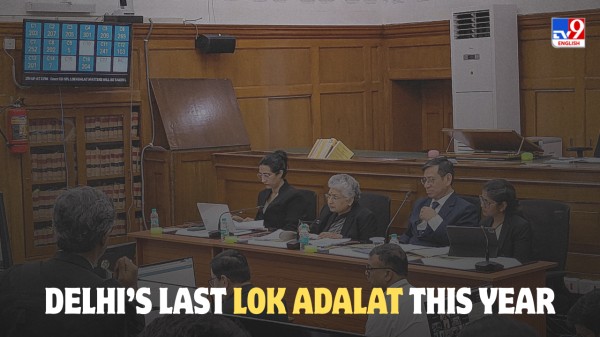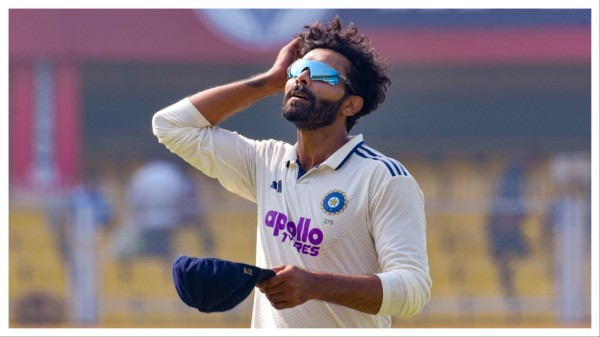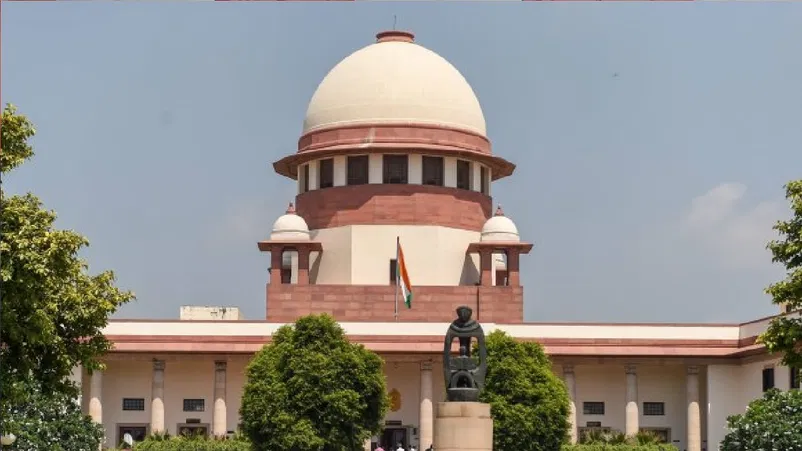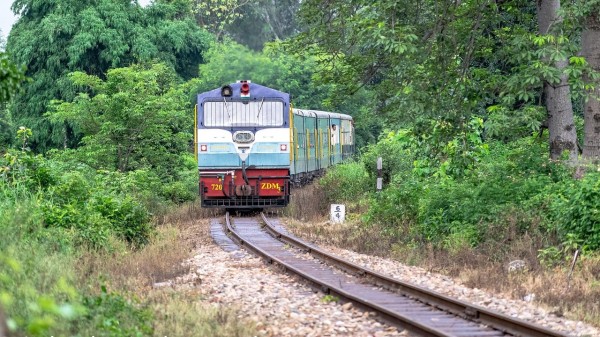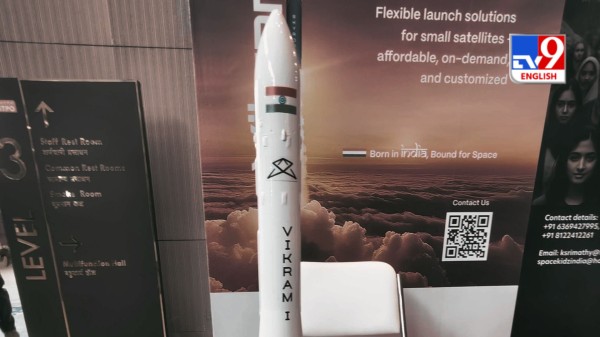

By signing in or creating an account, you agree with Associated Broadcasting Company's Terms & Conditions and Privacy Policy.


By signing in or creating an account, you agree with Associated Broadcasting Company's Terms & Conditions and Privacy Policy.

Skyroot Aerospace has updated its website with an interface that lets you book rides to space for a Vikram I or Vikram II flight to Low Earth Orbit, for every quarter of 2026 and 2027. The Vikram I can carry satellites up to 400 kg while the Vikram II can accommodate up to 900 kg. You can either book the entire available launch capacity, or share the ride. Those booking can chose the altitude and inclination in which they desire the satellites to be injected. Flights to Middle Earth Orbit and Geostationary Orbit are coming soon. Skyroot Aerospace has essentially introduced a hailing service to space. Those who want to book a ride can do so here.
Skyroot Aerospace conducted its inaugural Vikram-S suborbital flight from Sriharikota, demonstrating a smaller version of its launch vehicle for microsatellites and nanosatellites. The ambitious New-Space startup opened up its Max-Q facility in Hyderabad in October 2023, with a 60,000 sq ft facility dedicated to producing rockets, with a workforce of 300. Since then, Skyroot Aerospace has been testing and validating the various elements of its launch vehicle, including the flexing nozzle, the individual stages, the separation thrusters and the payload fairing or nose cone that protects the passenger satellites during the ride through the atmosphere.
Skyroot Aerospace aims to provide on-demand, affordable access to space, and is developing a fleet of launch vehicles to cater to the burgeoning demand for launching small satellites. ISRO is providing support in the form of mentoring, as well as access to its test facilities for the development of the Vikram I and Vikram II rockets. Skyroot Aerospace is using composite materials for the construction of the rocket, paired with solid thrusters realised through additive manufacturing or 3D printing. The company has already developed seven 3D printed rocket engines, that use liquid, solid and cryogenic fuel. The flights were to begin in 2024, but now Skyroot Aerospace has set up a schedule for a flight every quarter.




